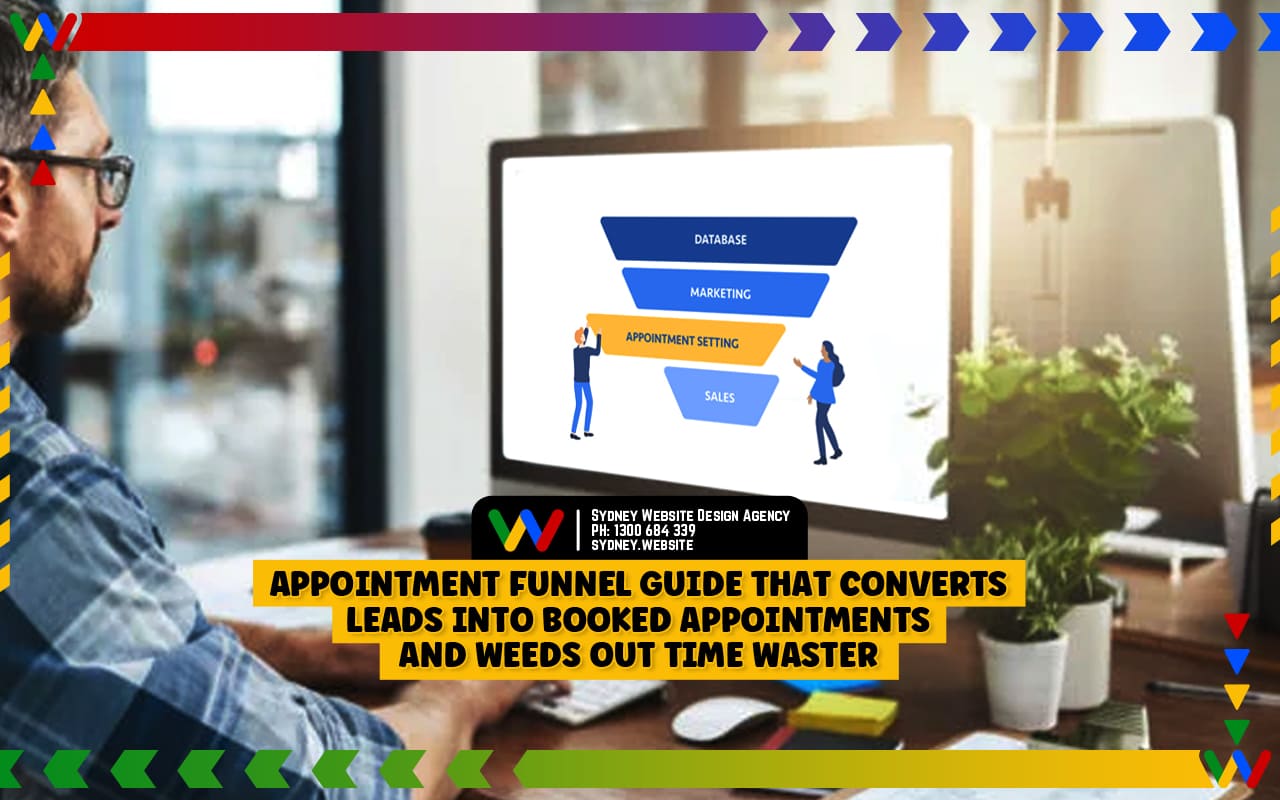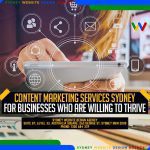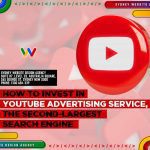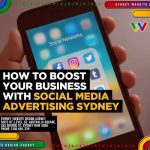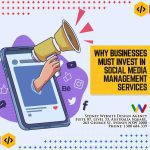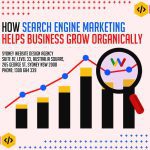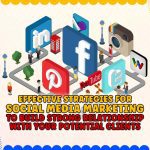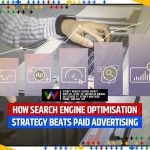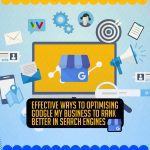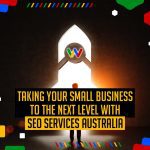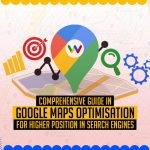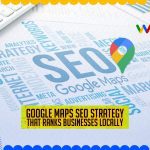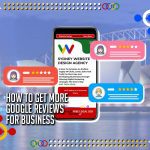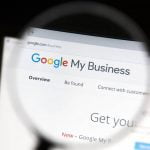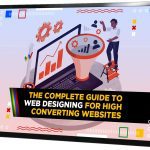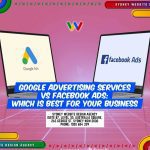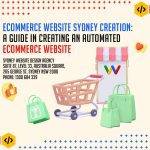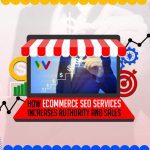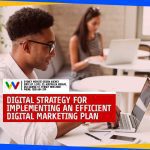Optimising Your Appointment Funnel: Strategies for Success
Optimising your appointment sales and service funnel is essential to the success of your business. By improving the performance of your appointment booking funnel, you can attract more leads, increase conversions, and ultimately grow your revenue. This is especially true in today’s digital age, where there are more opportunities than ever to connect with potential customers online.
Introduction
If you run a business that relies on appointment bookings, for example, then you know how crucial it is to have an effective appointment funnel. An appointment booking funnel is the process that prospective customers and clients go through when they first become aware of your business, through the point where they schedule an appointment with you. It involves all the marketing, sales, and operational activities that you undertake to move your leads through the funnel and convert them into booked appointments.
In this guide, we will explore the key strategies and best practices for optimising your appointment sales funnel. We will cover everything from the basics of the appointment booking funnel and its various stages, to more advanced tactics for improving lead generation, nurturing, and conversion. Whether you’re just starting to build your appointment booking funnel, or you’re looking to refine and optimise an existing one, this guide will provide you with the insights, tools, and techniques you need to succeed. So let’s dive in and start optimising your appointment sales funnel for success!
Table of Contents
- Understanding the Appointment Funnel: A Comprehensive Overview
- Crafting an Effective Appointment Funnel: Tips and Best Practices
- Maximising Conversions: Strategies for Moving Leads through the Funnel
- Identifying and Addressing Bottlenecks in the Appointment Funnel
- Utilising Automation and Technology to Streamline the Appointment Funnel
- Measuring and Analysing the Success of Your Appointment Booking Page: Key Metrics and KPIs
- FAQs Appointment Funnel
- Continual Optimisation and Improvement: The Importance of Ongoing Evaluation and Refinement
Yes, Fill Up My Calendar With Appointment Funnel Secrets
No, I want to avoid securing More Clients
Understanding the Appointment Funnel: A Comprehensive Overview

Are you looking to create a successful appointment funnel landing page? With the right understanding and strategy, it’s easier than ever. In this comprehensive overview, we’ll walk you through the entire process of setting up an effective appointment booking funnel – from lead generation to conversion. Learn how to target the right audience with messaging that resonates, craft emails that convert, and optimise your follow-up for maximum success.
An appointment booking funnel is a marketing strategy designed to generate leads and convert them into paying customers. It typically involves multiple steps that lead a potential customer from initial discovery to booking an appointment.
The process usually begins with lead generation, which is the process of identifying potential customers and getting them interested in your product or service offering. Lead generation strategies may include email campaigns, content advertising, search engine optimisation (SEO), Google Ads and more. Once leads have been identified, it’s then time to move on to the next step of marketing is nurturing those prospects to convert leads into paying customers.
This involves developing relationships with potential customers by providing them with relevant information, such as educational materials, blog posts, emails, webinars and other forms of content. Additionally, companies will often employ remarketing ad campaigns through social media ad platforms such as Instagram and Twitter to keep their audience engaged.
At this point in the funnel process, when prospects have been identified and nurtured, then it is time to make the move towards conversion by asking prospects for appointments. You might meet them in person or talk on a video call to have a private chat. You could also invite them to join a special online event, like a video or webinar, where they can ask questions and find out more about how your company product or services can help them.
Finally, once appointments are booked, it’s important to follow up regularly with the contact details and clients that you gathered to build upon the relationship initiated during the nurture stage. Ensure that customers stay engaged with your brand and become repeat purchasers over time. Following up could involve sending emails containing special offers or discounts to generate appointments, organising contests, or engaging on social media platforms like Twitter and Facebook to strengthen connections with customers prior to their appointment dates.
An appointment booking funnel is a powerful marketing tool that helps generate leads through lead generation. It nurtures those leads into paying customers through targeted outreach activities such as content marketing campaigns and remarketing efforts, followed up with conversions through one-on-one meetings or events organised by a company. It involves the generation of both potential clients and actual service of the company to these leads. With proper execution of all these steps, businesses have seen great success converting interested prospects into loyal customers who are likely to come back again.
Crafting an Effective Appointment Funnel: Tips and Best Practices
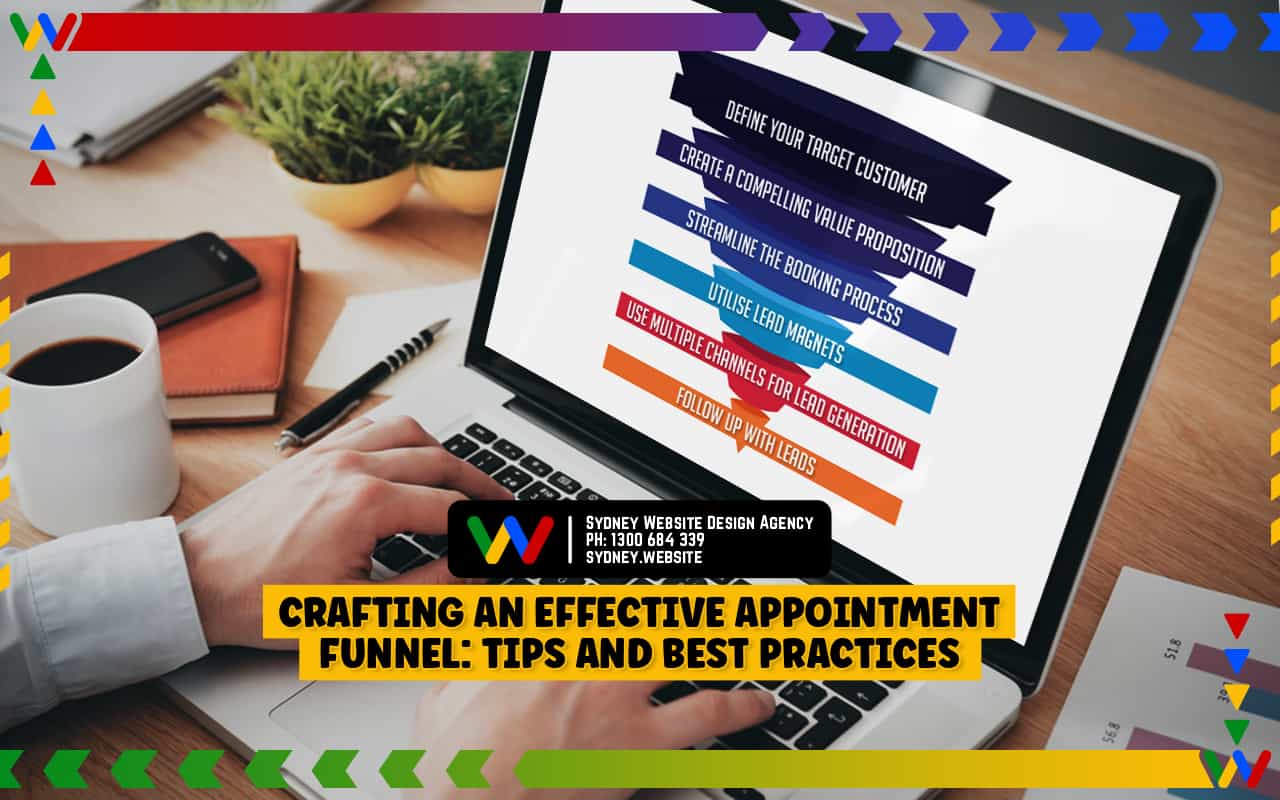
Crafting an effective appointment booking funnel is critical to the success of your business. In this section, we will explore some tips and best practices for creating a high-converting appointment booking process.
Define Your Target Customer
The first step in creating an effective appointment booking process is to understand who your target customer is. You need to know their demographics, pain points, and what motivates them to schedule an appointment with you. This will help you tailor your messaging and marketing efforts to appeal to them more detail and specifically.
Create a Compelling Value Proposition
Your value proposition is a statement that explains why someone should choose your business over your competitors. It’s important to create a value proposition that is clear, concise, and compelling. Make sure it speaks directly to your target customer and highlights the unique benefits and value your business provides.
Streamline the Booking Process
The booking process should be simple and straightforward for your customers. Make sure the process is easy to understand and doesn’t require too many steps or too much information. Also, consider offering multiple ways for customers to book, such as online, over the phone, or opt in in-person, or an opt-in page.
Utilise Lead Magnets
Lead magnets are valuable resources that you offer to potential customers in exchange for their contact information. This can include things like e-books, white papers, or exclusive discounts. By offering something of value, you can attract leads and move them further down the funnel. Create a landing page that can help generate traffic and generate appointments for your business. With these lead magnets, high-quality leads from your target audience can be generated.
Use Multiple Channels for Lead Generation
It’s important to use multiple channels for lead generation, such as social media, email marketing, and paid advertising. This helps to increase your reach and attract leads from different sources.
Follow up with Leads
Following up with leads is essential for keeping them engaged and moving them further down the funnel. Consider using automated follow-up automated emails or, text messages, or phone calls to stay in touch and nurture your leads.
By following these tips and best practices, you can create a highly effective sales funnel that attracts and converts leads into booked appointments. Remember to continually evaluate and refine your sales funnel to ensure it’s performing at its best.
Maximising Conversions: Strategies for Moving Leads through the Funnel
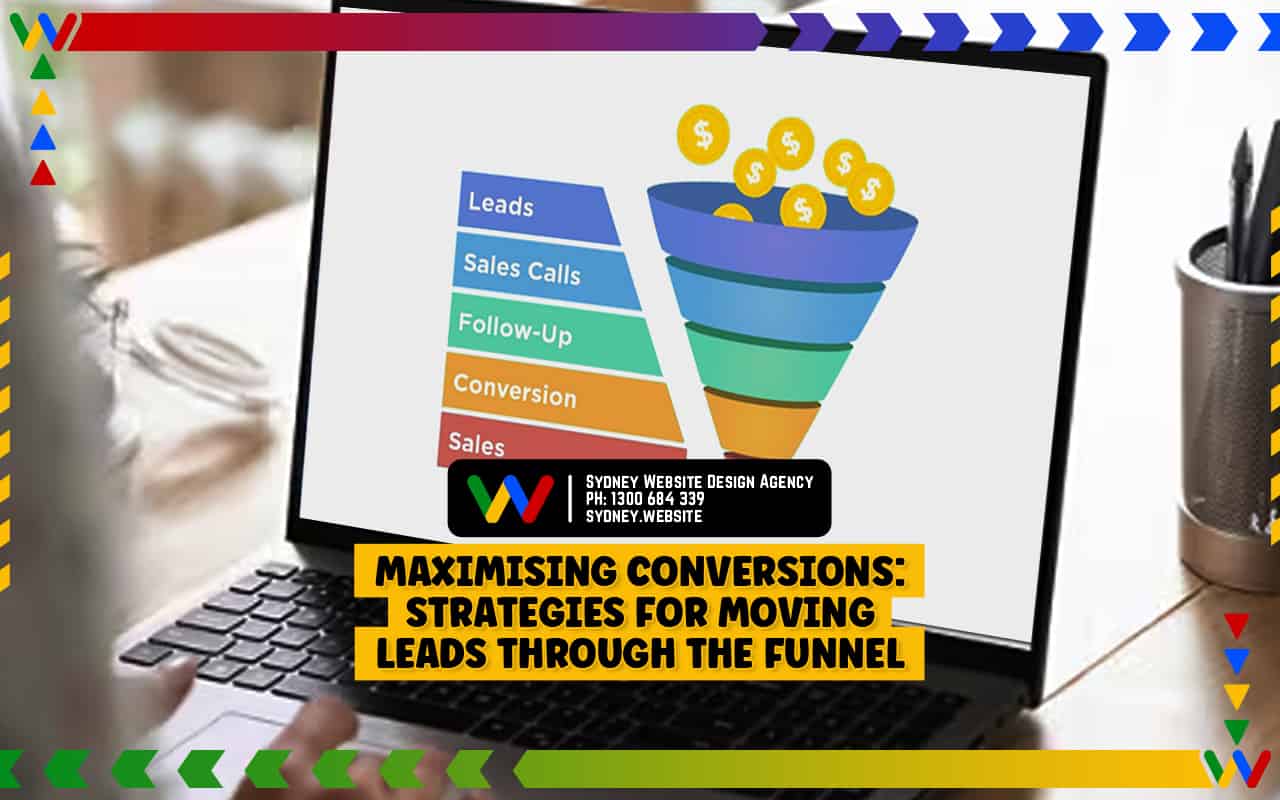
Moving leads through the funnel is a critical part of maximising conversions for any business. Here are some strategies that can help:
Personalise Your Messaging
Penalisation is key to engaging with your leads and moving them through the funnel. Make sure that your messaging is relevant to your target audience and your message that speaks to their pain points.
Use a Multichannel Approach
Use a combination of different channels such as email, social media, phone, and in-person interactions to reach out to your leads. This will help you to stay top of mind and reach them where they are most comfortable.
Provide Value with Content
Offer valuable content that educates and informs your leads, whether that be in the form of blog posts, videos, or webinars. This will establish your credibility and build trust with your leads.
Offer Incentives
Consider offering incentives like discounts, free trials, or exclusive content to motivate your leads to take action and move further down the funnel.
Follow up Regularly
Consistent follow-up is key to moving leads through the funnel. Make sure that you have a system in place to track your leads and follow up with them at appropriate intervals.
Use Retargeting
Use retargeting ads to stay top of mind with prospects and types of your leads as they browse the internet. This can help keep your brand and offerings in front of them, even if they haven’t taken action yet.
Test and Optimise
Continuously test and optimise your messaging and tactics to see what works best. Use data and analytics to measure your results and adjust your strategy as needed.
By implementing these strategies, you can improve your chances of moving leads through the funnel and ultimately maximising your conversions.
Identifying and Addressing Bottlenecks in the Appointment Funnel
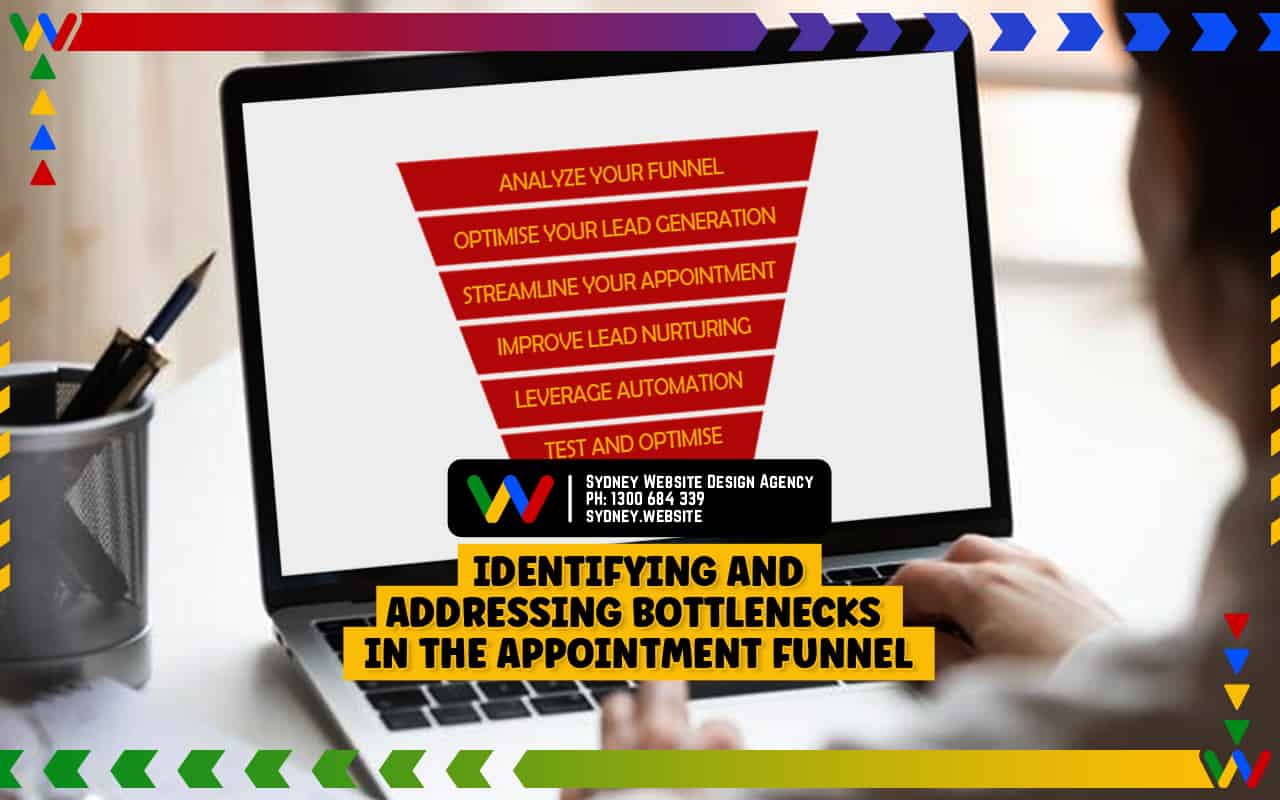
Identifying and addressing bottlenecks in the appointment funnel is crucial for improving conversion rates and maximising the number of qualified leads that become customers. Here are some steps to help you identify and address bottlenecks in the appointment funnel:
Analyze Your Funnel
Review your appointment funnel from start to finish, identifying any areas where leads are dropping off. Use analytics and data to pinpoint the specific points in the funnel where leads are leaving and assess the reasons for it.
Optimise Your Lead Generation
Make sure that you are generating high-quality leads that are more likely to convert into appointments more sales. You can do this by targeting your marketing efforts more effectively, improving your messaging, and optimising your landing pages to maximise conversions.
Streamline Your Appointment Booking Process
Make sure that your appointment booking process is as simple and user-friendly as possible. This can include using clear and concise messaging, minimising the number of form fields, and making it easy for leads to find available appointment times.
Improve Lead Nurturing
Implement lead nurturing tactics such as email campaigns, retargeting ads, and personalised outreach to keep leads engaged and moving through the funnel. This can help build trust and establish your expertise, making leads more likely to book appointments with your team.
Leverage Automation
Use automation tools to help manage the appointment scheduling process and improve the efficiency of your funnel. This can include using appointment scheduling software or chatbots to handle scheduling and answering common questions.
Continuous Testing
Continuously test and optimise your appointment funnel to see what works best. Use A/B testing to experiment with different messaging and tactics, and monitor your results to make data-driven decisions.
By following these steps, you can identify and address bottlenecks in your appointment funnel, improving the overall efficiency of your sales process and maximising your chances of converting qualified leads into customers.
Utilising Automation and Technology to Streamline the Appointment Funnel
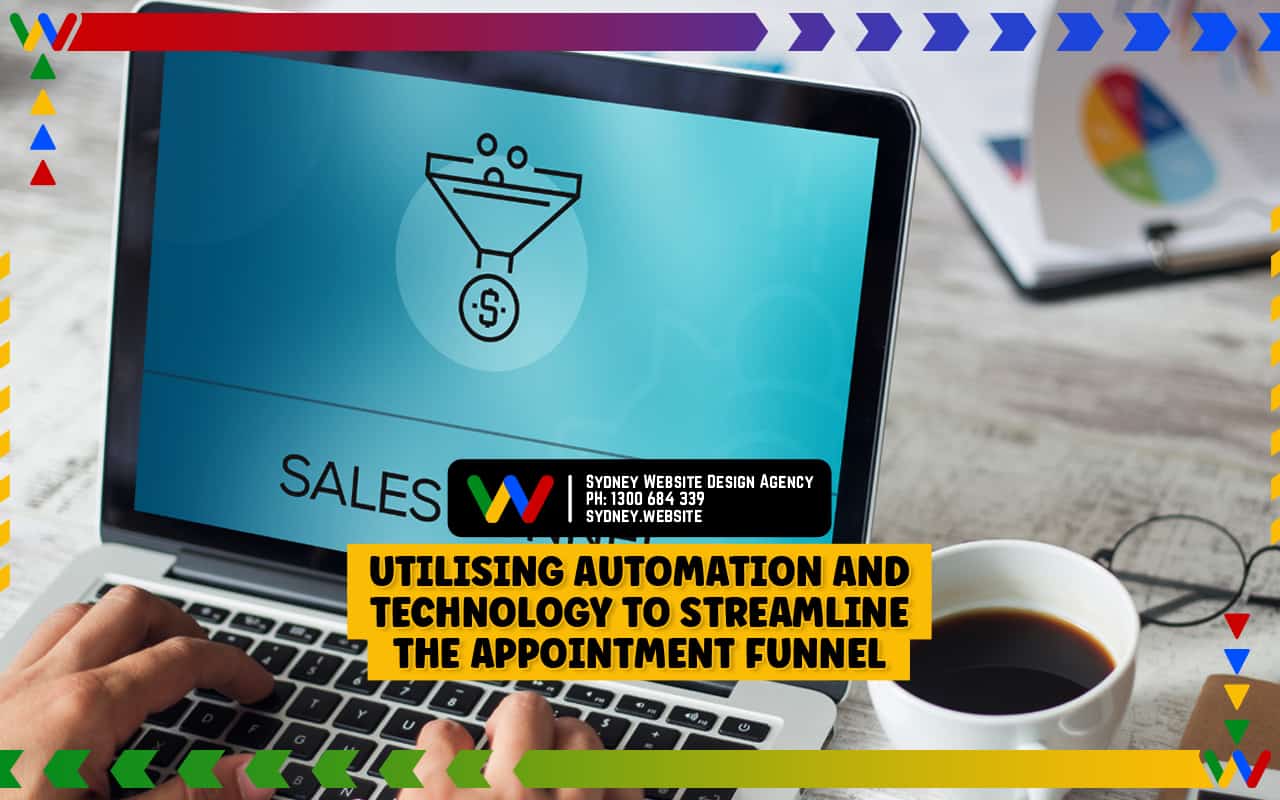
Automation and technology can play a critical role in streamlining the appointment funnel and improving the efficiency of your sales process. Here are some ways to utilise automation and technology to streamline the appointment funnel:
Appointment scheduling software
Use appointment scheduling software to automate the scheduling process and reduce the time spent on manual appointment booking. This solution can include a calendar or software that integrates with your calendar and allows leads to book appointments directly, eliminating the need for back-and-forth emails or phone calls.
Chatbots
Implement chatbots to help answer common questions and provide support to leads. This can help reduce the workload on your sales team and keep leads engaged with your brand throughout the funnel.
CRM systems
Use a CRM system to manage leads and track their progress through the appointment funnel. This can help you identify areas where leads are getting stuck and streamline your follow-up process.
Email automation
Use email automation to send follow-up messages to leads and keep them engaged throughout the funnel. This can include personalised messages, relevant content, and calendar reminders about upcoming appointments.
Retargeting ads
Use retargeting ads to stay top-of-mind with leads and encourage them to book appointments. This can include ads that offer incentives to fill in or showcase your expertise, for example, as well as ads that remind leads about upcoming appointments.
Mobile optimisation
Optimise your appointment funnel for mobile devices to make it easy for leads to book appointments on the go. This can include using responsive design and mobile-friendly forms to improve the user experience for visitors.
By utilising automation and technology to streamline the appointment funnel, you can improve the efficiency of your sales process, reduce manual workload, and increase the number of prospects and types of qualified leads that convert into customers. Additionally, it can help to provide a better experience for your leads, increasing the chances of repeat business and positive referrals.
Measuring and Analysing the Success of Your Appointment Booking Page: Key Metrics and KPIs

Once an appointment funnel is set up, it’s important to measure the effectiveness of this strategy and determine whether or not it is performing as expected. There are a number of key metrics and KPIs that can help businesses track the performance of their appointment booking page.
The most critical metric to track when evaluating your appointment funnel’s success is the conversion rate, which measures how many people who visited the landing page actually booked an appointment.
Additionally, businesses should also be monitoring other metrics such as website traffic, bounce rate (the percentage of visitors who leave the website after viewing only one page), time on site (how long each visitor spends browsing the website) and average order value (how much money customers spend per purchase).
By tracking and analysing these key metrics and KPIs, businesses can gain insight into which elements of their appointment booking or landing page are working well and which need to be improved to maximise conversions. Additionally, this data can help inform future funnel optimisation strategies, as well as provide valuable feedback for A/B testing experiments that may help to increase the success of an appointment funnel in the long run.
Creating a successful appointment funnel is essential for companies looking to convert more prospects into paying customers. By following the steps outlined above, from lead generation through conversion, companies can create an effective strategy for nurturing leads and converting them into appointments and loyal customers.
Additionally, tracking key metrics and KPIs will allow businesses to identify areas where they need improvement to maximise the success of their appointment funnel. With the right strategy and execution, businesses can see increased conversion rates and better ROI from their appointment booking page.
Appointment Funnel Frequently Asked Questions
What is an appointment funnel?
An appointment funnel is a sales process that guides potential customers of consulting businesses through a series of steps, from initial contact to the booking of an appointment with a sales representative.
Why is the appointment funnel important?
The appointment funnel is significant because it helps to streamline the sales process and increase the chances of converting potential customers into clients. By providing a clear and easy-to-follow process for scheduling appointments, businesses can improve the overall customer experience and increase sales.
What are some common steps in an appointment funnel?
Common steps in an appointment funnel include lead generation, lead qualification, appointment scheduling, appointment confirmation, and follow-up.
How can I optimise my appointment funnel for better results?
There are several ways to optimise your appointment funnel for better results, including targeting the right audience, providing clear and concise messaging, making it easy to schedule appointments, and following up with leads to keep them engaged.
What role can automation and technology play in the appointment funnel?
Automation and technology can play a significant role in the appointment funnel, by streamlining the appointment scheduling process, reducing manual workload, and providing a better overall customer experience. Examples include appointment scheduling software, chatbots, email automation services, and retargeting ads.

Continual Optimisation and Improvement: The Importance of Ongoing Evaluation and Refinement
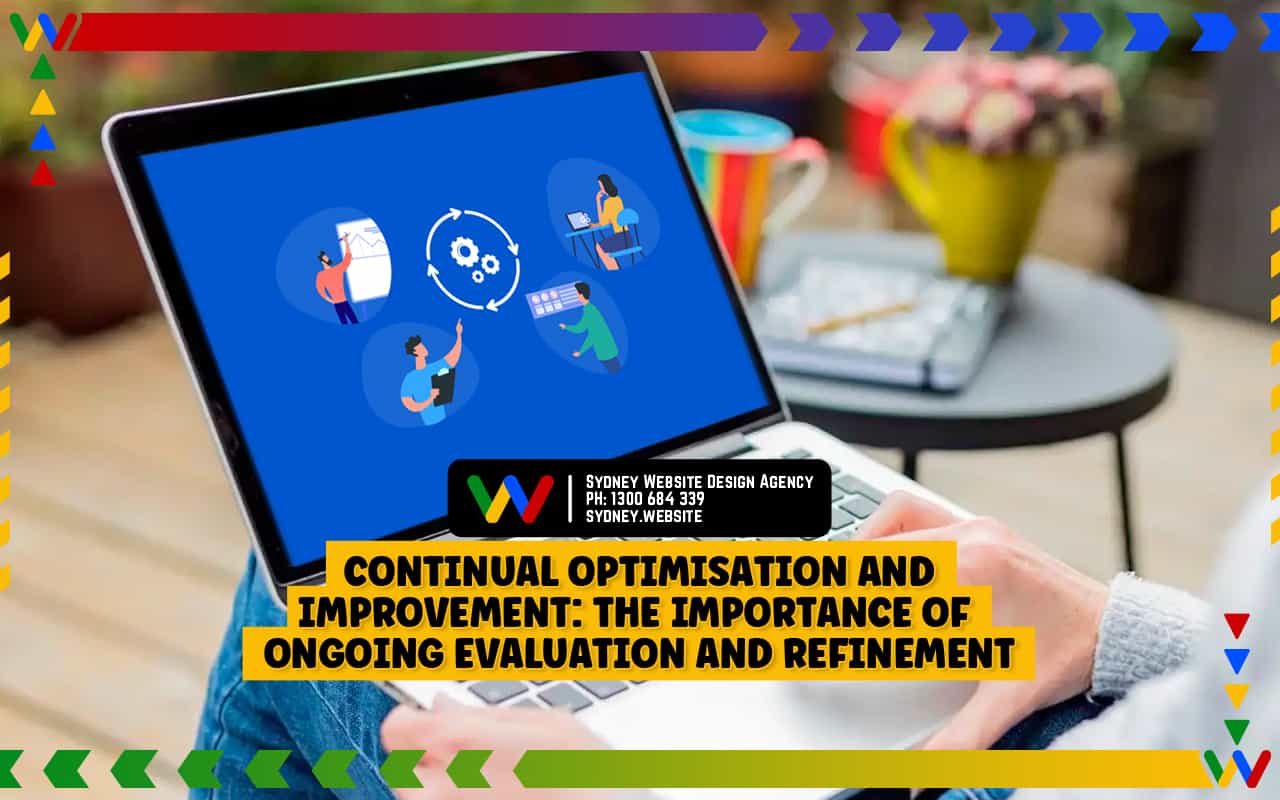
Continual appointment funnel optimisation and improvement is essential for businesses to be successful in converting leads into customers. Creating an effective appointment funnel starts with identifying the target customer base and defining an ideal customer profile. Companies should then create a lead capture page on their website and follow it up with targeted outreach activities such as content marketing campaigns, remarketing efforts, and one-on-one meetings or events organised by the company.
Monitoring key performance indicators (KPIs) and metrics such as website traffic, lead generation rate, conversion rate, and customer lifetime value can help identify areas where improvements need to be made to maximise the success of an appointment funnel.
